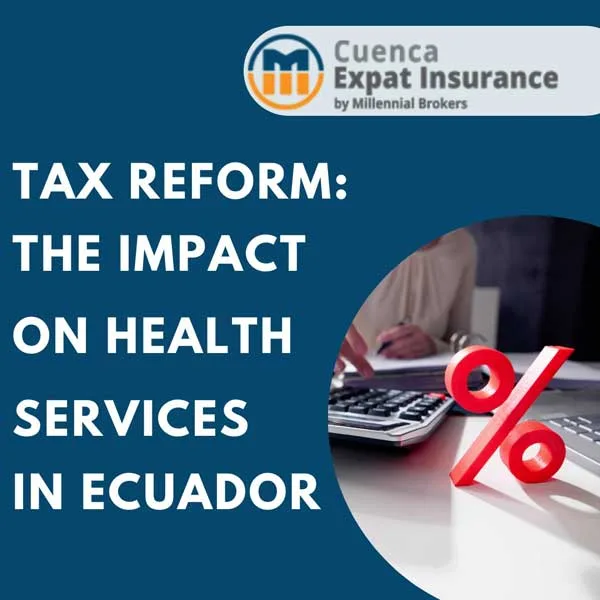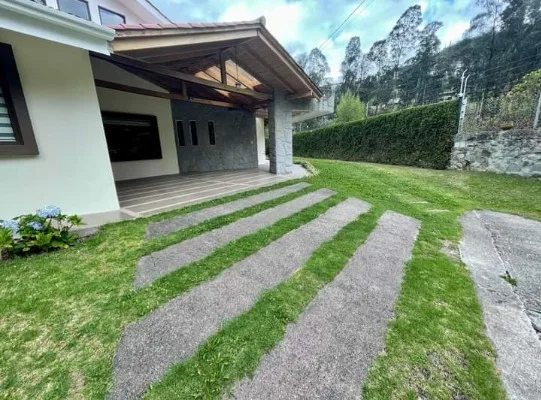It’s ‘unconscionable’: Richer nations get more Covid vaccines while poorer nations receive none
By Megan Janetsky
While images of people lined up for long-awaited Covid-19 vaccinations spurred hope in millions across the globe, they stirred up something else in Dr. Juan Jose Velez: frustration.

A Covid-19 patient is treated in a Mexican hospital.
Velez runs the coronavirus ward in one of the biggest public hospitals in Colombia, a country with one of the highest death rates and coronavirus positivity rates in the world.
While more than 152 million COVID-19 vaccine doses have been administered globally, with roughly a third of those in the U.S., according to Bloomberg’s vaccine tracker, Colombia is among a number of lower- to middle-income countries that still had not administered a single dose by mid-February.
Dr. Velez says the Covid-19 vaccine should be a matter of “solidarity with the rest of the world.” But many experts say that’s not how it’s playing out.
“I think the greatest thing this has shown us is the lack of solidarity … the fact that lots of countries have started vaccinating while many poorer countries haven’t even started,” he says.
The situation is much the same in other Latin American countries. As of Monday, Ecuador had administered 3,000 to 4,000 vaccines but is not sure when the next shipment of 86,000 Pfizer doses will arrive. Peru has administered even less and the country is embroiled in multiple scandals in which powerful politicians are alleged to have been vaccinated while hospital workers are forced to wait.
This disparity is playing out across the world, and it’s one health experts have warned of since the onset of the pandemic: While richer countries rapidly vaccinate their populations and buy up doses, other nations are projected to not have wider access to the vaccine until late 2022 or 2023, according to the World Health Organization (WHO).
Though some efforts are being made to close that gap, WHO officials warn vaccine nationalism – where countries prioritize vaccination of their own citizens over the rest of the world – has put the world “on the brink of a catastrophic moral failure.”
In his Medellín hospital, Velez said a refrigerator that would eventually be stocked with Covid-19 vaccine vials stands empty and it is uncertain when he and other medical staff on the front lines would have access to their first shot. He said he lost count months ago of how many of his patients had died.
Dr. Salim Abdool Karim of South Africa was one of the first to warn of vaccine disparities. When the pandemic began, he called for a “global public good.”
“The alternative is what we have now: which is countries scrambling, those with deep pockets going and outbidding others to get vaccines, and everyone is in a race to buy up vaccines,” said the infectious diseases epidemiologist, who has worked on HIV/AIDS and polio in Africa. “So middle-income countries, lower-income countries, they just fold their arms and say: ‘What are we going to do? We don’t have vaccines.’”
He told USA TODAY he’s concerned, but not shocked, at the inequality that has emerged as rich countries extoll their success in acquiring vaccines
President Joe Biden on Thursday announced a deal to purchase an additional 200 million coronavirus vaccine doses. “We’ve now purchased enough vaccine supplies to vaccinate all Americans,” Biden said.
In addition to finalizing contracts with Pfizer and Moderna for 100 million more doses each that will be delivered by the end of July, Biden said 100 million other doses that were supposed to arrive in June will now be delivered in May. “That’s a month faster,” Biden said. “That means lives will be saved.”
In Britain, more than 12 million people have now had at least one dose of a coronavirus vaccine. Officials say they are on track to offer first doses to 15 million in the top-priority groups by Monday, and have set a target of vaccinating every adult in the country by the fall.
Meanwhile, Medellin’s Velez waits to fill his hospital vaccine refrigerator. “Beyond fairness, there is the issue that the world is interconnected today and if the poorer countries can’t vaccinate their populations there will be economic as well as health impacts for everyone,” he says. “I’m amazed that this is not recognized.”
____________________
Credit: USAToday


















